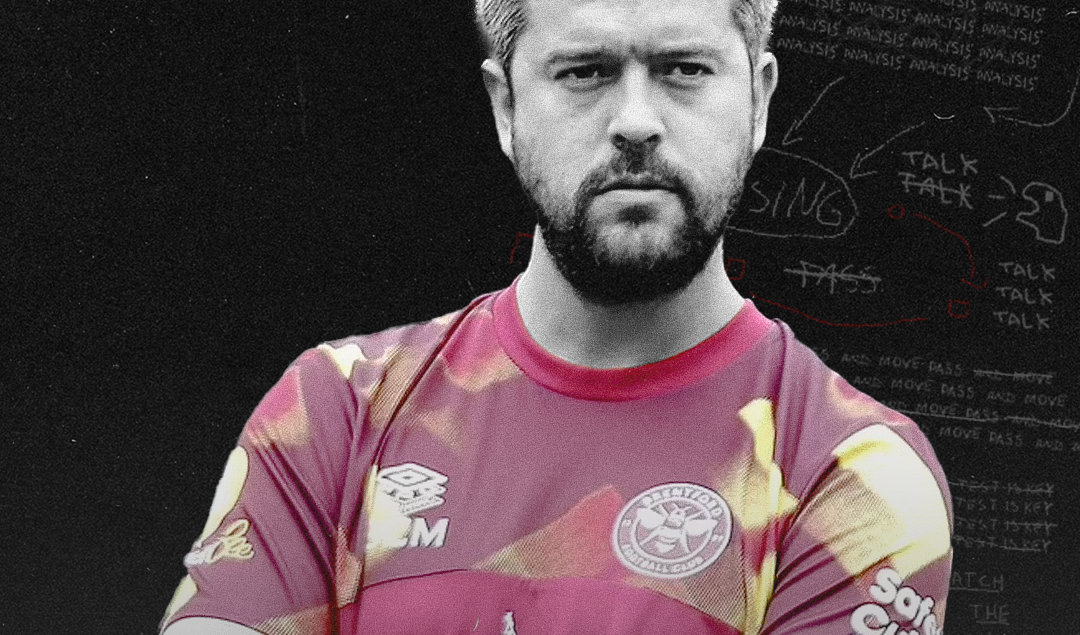Do You Really Need a Coach When Practicing on a Simulator?
Okay, so here’s a question a lot of golfers find themselves asking, especially after stepping into a shiny new golf simulator neat me for the first time: “Do I actually need a coach for this, or can I figure it out on my own?”
Totally fair question. And honestly? The answer’s not black and white—it’s more of a “depends on what you’re looking for” kind of situation. But let’s unpack it a little, like two buddies just shooting the breeze about golf and maybe sharing a beer or two.
First Off, Simulators Are Pretty Smart on Their Own
One of the coolest things about today’s simulators is that they’re ridiculously advanced. You swing the club, and bam—instant readout. Ball speed, launch angle, spin rate, carry distance, club path, face angle… basically a digital x-ray of your swing. It’s like having a coach who never blinks and doesn’t judge.
So yeah, technically you can hit balls on a simulator without a coach and still learn a lot. You can start to recognize patterns: “Huh, every time I swing faster, my spin rate goes crazy and the ball slices right.” Or, “That shot felt good, and look at that—carry distance went up 15 yards.”
The feedback’s real. The adjustments you make? They show up instantly. That alone can make you a better player over time, especially if you’re curious and willing to experiment.
But Here’s the Catch…
Knowing something’s wrong with your swing is one thing. Figuring out how to fix it? That’s where it gets tricky.
Let’s say your ball keeps launching low and curving right. The golf simulator shows you the data—low launch, open clubface, negative attack angle. All good info, sure, but what next? Do you adjust your grip? Your stance? Swing path? All of the above? None?
This is where having a coach—even just occasionally—can be a game-changer.
Coaches Help You Interpret the Data
Think of the coach as a translator between you and all that juicy simulator data. They’ll take your numbers and turn them into something you can actually use.
Maybe your launch angle is low not because you’re swinging wrong, but because your ball position is off. Or maybe your grip is killing your clubface angle. A good coach will catch stuff like that in seconds, while you might spend weeks going down the wrong rabbit hole, wondering why nothing’s working.
And let’s be honest: Google can only take you so far. There’s a ton of golf advice online, but it’s easy to get overwhelmed—or worse, misled by a tip that doesn’t actually apply to your swing.
Confidence Boost, Big Time
Also, having a coach—even if you only check in once every couple weeks—gives you this subtle mental edge. You know someone’s in your corner. Someone who’s watching your progress and guiding your focus so you’re not just randomly pounding balls into a screen.
It’s like when you go to the gym and suddenly work 10% harder because a trainer’s nearby. Same idea. A little guidance goes a long way.
Can You Go Without One? Of Course.
Look, if you’re just trying to maintain your swing through the off-season, or you’re not chasing a lower handicap, or you’re simply having fun playing Augusta National on a rainy Tuesday night—do you need a coach? Nope. You’re fine. Hit the shots, enjoy the game, sip the drink. Live your best simulator life.
But if you’re serious about getting better? Like, actually shaving strokes off your game? Then yeah… at some point, having a coach helps. A lot. Doesn’t mean you need one hovering over your shoulder every session. But a few lessons here and there, someone to interpret what the simulator’s trying to tell you—that can make all the difference.
Final Thought
So do you need a coach when practicing on a simulator? Not always. But it’s kind of like GPS in your car. You can drive without it—but having it makes the journey faster, smoother, and way less frustrating when you’re trying to reach a specific destination.
